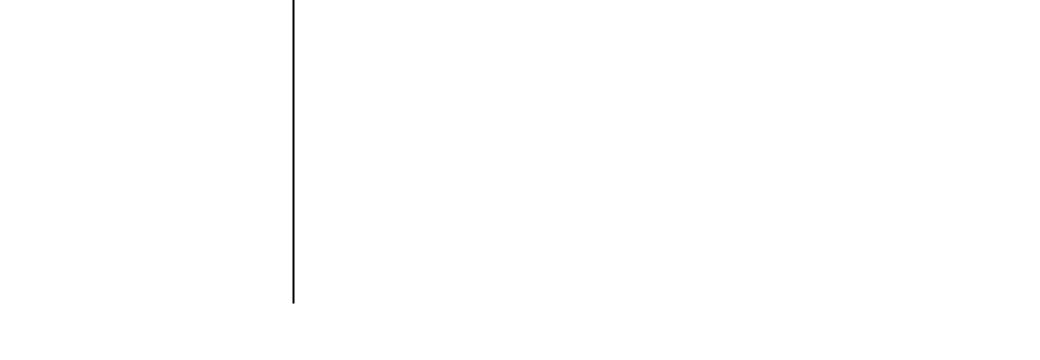
Public Choice In a Representative Democracy
.pdf
Andreas Freytag |
Public Choice |
1.Introduction
2.Origins of the State
3.Public Choice in a Direct
Democracy
4.Public Choice in a Representative Democracy
5.Application of Political
Economy Models
6.Normative Public
Choice
Median voter‘s utility
Figure 4.13: Options for the budget maximising agenda setter
Gr |
Gm |
Gb |
G |
© Freytag 2013 |
71 |

Andreas Freytag
1.Introduction
2.Origins of the State
3.Public Choice in a Direct
Democracy
4.Public Choice in a Representative Democracy
5.Application of Political
Economy Models
6.Normative Public
Choice
Public Choice
Comparison between publicly and privately provided services (Mueller, 2003, pp. 373-380)
20 sectors are subject to the comparison:
1)Airlines
2)Banks
3)Bus and transit service
4)Cleaning services
5)Debt collection
6)Electric utilities
7)Fire protection
8)Forestry
9)Hospitals and nursery services
10)Housing
11)Insurance business
12)Ocean tanker repair and maintenance
13)Railroads
© Freytag 2013 |
72 |

Andreas Freytag
1.Introduction
2.Origins of the State
3.Public Choice in a Direct
Democracy
4.Public Choice in a Representative Democracy
5.Application of Political
Economy Models
6.Normative Public
Choice
Public Choice
14)Refuse collection
15)Saving and Loans
16)Schools
17)Slaughterhouses
18)Water utilities
19)Weather forecasting
20)Industrial companies
In general, private provision is more efficient and saves costs for the public!
Public firms invest more; higher capital intensity.
© Freytag 2013 |
73 |

Andreas Freytag
1.Introduction
2.Origins of the State
3.Public Choice in a Direct
Democracy
4.Public Choice in a Representative Democracy
5.Application of Political
Economy Models
6.Normative Public
Choice
Public Choice
e) The Government as Leviathan
One can even extend the model in that sponsor and bureau is interpreted as one joint unit ”monolith monopolist”.
Government in this view is looked at as a malevolent budget maximiser rather than a benevolent public good provider.
If this view has a point, a the normative solution is to reduce discretionary power of governments by meass of a constitution veil of uncertainty.
Figure 4.17 shows that the Leviathan would impose a higher tax on the citizen if he is free to choose.
Consequences for the theory of optimal taxation!
© Freytag 2013 |
74 |

Andreas Freytag
1.Introduction
2.Origins of the State
3.Public Choice in a Direct
Democracy
4.Public Choice in a Representative Democracy
5.Application of Political
Economy Models
6.Normative Public
Choice
© Freytag 2013
Earned
Income
A
C U3
G
E
Public Choice
Figure 4.14: Alternative strategies for taxing income and leisure
U1
U2
|
|
|
Leisure |
H |
D |
B |
75 |
|
|
|

Andreas Freytag
1.Introduction
2.Origins of the State
3.Public Choice in a Direct
Democracy
4.Public Choice in a Representative Democracy
5.Application of Political
Economy Models
6.Normative Public
Choice
Public Choice
Government as Leviathan – empirical evidence
The empirical literature has focused on the systems of checks and balances:
• constitutions constrain the legislature,
• federal structures are opposing huge governments,
• application of the subsidiary principle diminishes government size,
• intergovernmental competition does alike,
• government collusion (log-rolling on the EMU level) increases government size.
© Freytag 2013 |
76 |

Andreas Freytag
1.Introduction
2.Origins of the State
3.Public Choice in a Direct
Democracy
4.Public Choice in a Representative Democracy
5.Application of Political
Economy Models
6.Normative Public
Choice
Public Choice
f) Regulatory capture*
Bureaus do not only provide public goods. They also are responsible for regulation in the case of market failure.
As shown above, the regulated sector normally benefits from regulation; prices are between competitive and monopolistic outcome.
Therefore, it makes sense for interest groups to stay in close contact with the regulatory office.
At the same time, the regulatory office gains its status only by regulation. It is not in its interest to give up regulation, even if market failure cannot be observed any longer.
* Stigler, George J. (1971), The Theory of Economic Regulation, The Bell Journal of Economics and Management Science, Vol. 2, S. 3-21.
© Freytag 2013 |
77 |

Andreas Freytag
1.Introduction
2.Origins of the State
3.Public Choice in a Direct
Democracy
4.Public Choice in a Representative Democracy
5.Application of Political
Economy Models
6.Normative Public
Choice
Public Choice
It is sensible to assume the position of the regulated industry.
The bureau is captured by the industry. Consequences include longer and heavier regulation than needed for, job offers for regulators in the very industry.
Potential examples:
Coal mining industry Ministry of Economic Affairs
Telecommunication incumbent communication regulator
Insurance industry financial regulator
Utilities energy regulator
© Freytag 2013 |
78 |
